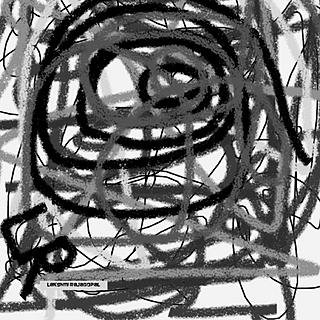India’s tolerance for Intolerance and the crisis of Secularism [02-28-2016]
- Lakshmi Rajagopal
- Nov 18, 2022
- 3 min read
India, a country that sanctified secularism and freedom of speech in its constitution, is facing a debate of a rather unsavory kind. Has one of the world's biggest democratic nations become intolerant to the point of no absolution?
Granted India is a sovereign and a democratic country of extremes with a diverse mix of views and mentality amongst its people in several facets of living; be it wealth, politics, or religious beliefs. Can it be intolerance if parents try to discipline their kids and forcefully instill Indian traditions and values and customs and preach only negative aspects about Western world? is it intolerance when a youth icon says he or she enjoys a certain song or a book that according to “good Indian” standards is not necessarily a decent one, is being chastised by media and in extension the government?
When we consider the nation as a whole, ironically, the average Indian population should be lauded for being more than tolerant when it comes to enduring politicized -- thrust-and-parry on sensitive topics such as religion and freedom of speech. Politicians have been debating (not a healthy one at that!) on these subjects to the point of embarrassing and outrageous displays of ‘footwear throwing’ and creating hooligan-ish ruckus with the opposing parties in the parliament debate sessions despite being fully cognizant of the fact that these important debates will be telecast live on the country's TV channels. How can a nation thrive and move forward if their representatives behave like rogues? This important question aside, the reality is that intolerance is a serious issue with crucial social and economic upshots.
Last year, a heated debate flared up in India following the murder of a Muslim man by a mob who suspected him of slaughtering a cow (cows are revered by the Hindu religion as gods). The Prime Minister of India, Mr. Narendra Modi, was heavily criticized for not castigating the killing.
This incidence is a predictor of onslaught of increase in intolerance as well as major threat to democracy in India. But much of the intolerance and extremism is directed at India’s rich cultural and religious diversity. The so-called, mob justice for the unacceptable ‘beef consumption’ shocked not just India, but the rest of the world. This incident added more unrest to the already crisis-ridden regions of India-held Kashmir, where communal tensions were ‘shaken and stirred’ by the resuscitation of a latent and “no good could ever come out of it” law banning consumption of beef. As a peaceful protest, intellectuals and writers have either returned their literary awards or have written open letters to stress upon the rise in intolerance and the assault on free speech in India. Yet another example of restriction of freedom of expression in India is evident by the ban on “The Satanic Verses” even unto this date.
After a seeming quiescence, if only for a short period of time, a new uproar, this time in the form of a comment by a matinee hero, reared its ugly head. Mr. Aamir Khan, one of Bollywood’s highly respected leading men, revisited a debate about tolerance said of his wife, Mrs. Kiran Rao, “She fears for her child. She fears about what the atmosphere around us will be. She feels scared to open the newspapers ever day (ref: The Hindu Indian News Journal).” The actor, who is a Muslim and married to a Hindu, made the comments in response to questions about a recent decision by scholars and prominent writers to return national awards as a protest against rising intolerance in India. On social media, Mr. Khan’s comments were misconstrued (yellow journalism was in full bloom) as an attack on India and reinvigorated the debate about tolerance and free speech that had dominated media coverage for weeks on end and finally mellowed down.
India’s long and painful slide towards zealotry and intolerance suggests that if problems are not addressed at this stage, it can become awfully hard to curtail. However, the silver lining in all this is that there is an evident increase in awareness amongst people in the Indian society about the various issues that haunts us. The alarm bells are ringing and India needs to reclaim its commitment to tolerance and freedom of speech and reclaim its title as one of the biggest Secular, Sovereign, and a Democratic country in all its glory and not just a namesake.
.png)








Comments